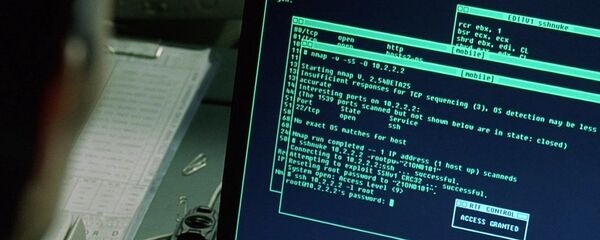Song Jae-kyung, then a young graduate student in his 20s, was in charge of managing one of the country's first Internet cafes.
Only a few years later, Song, now 49 years old, changed the history of South Korea's gaming industry by developing the country's first Massively Multiplayer Online Role-Playing Game (MMORPG) in 1996, dubbed "Nexus: The Kingdom of the Winds," locally known as "Baram." Nexus reached the US market in 1997.
The accumulated number of users came to 23 million, which accounts for nearly half of South Korea's population of 50 million. On average, each user played the game for three hours on a daily basis.
Nexus operators said while some were concerned that Nexon would make only a penny from the old program, the company is actually seeing better-than-expected profitability.
"Baram as we know it today was based on the participation of many developers, and not just myself," Song told Yonhap News Agency. "But it is true that many were pessimistic about 'a game like this' back then. I was so proud to find a breakthrough."
Nexus began its full-fledged growth in the late 1990s following the boom of Internet cafes in South Korea, which made online games more accessible to a wider scope of users, including students without PCs at home.
Song started his dream of becoming a developer when he first encountered a computer in the early 1980s as a middle school student. Although he did not have one for himself, Song eventually became enthusiastic about computers and studied them.
"After I first learned about computers, I was immersed in playing games. But I was not too good at them, especially for those that called for quick responses. I am so bad at strategic games like SimCity or StarCraft. But I was good at role-playing games that called for diligence," Song said.
In the late 1990s, South Korean online users were enthusiastic about the so-called "Multi User Dungeon (MUD)," which refers to text-based multi-player games. While users could communicate with each other, there were no graphics to be shown, and participants had to use their imagination.
Another popular type of game was the first-generation role playing game, which boasted graphics but could not feature multi-player mode.
Then came Nexus, which allowed multiple users to enjoy high-end graphic content at the same time. It is considered the first-generation of MMORPG, although the term did not exist back in 1996.
"In the 1990s, the speed of modems was very slow. Even the delivery of text was very slow. Due to those circumstances, many claimed that a graphic-based online game was technologically impossible. And I thought I could, and I did," Song said.
Song sought to solve the slow Internet speed by having users pre-download graphic data on their computers.
For Song, however, Nexus was an unfinished task. A few months ahead of the official release, Song left Nexon in December 1995, and the project was carried on by other developers. Nexus helped Nexon to emerge as an online giant from a young startup.
In September 1998, Song also gave birth to Lineage, another MMORPG, at NCsoft Corporation. Song then left NCSoft to start his own business.
Song now heads XLGAMES Inc. Although the company's first racing game failed to gain popularity, its own MMORPG ArcheAge became a hit in the North American and Chinese markets. The company posted an operating profit of 1.2 billion won (US$1.02 million) in 2015.
Amid the boom of smartphones, which did not exist 20 years ago, Song is currently working on developing his first mobile role-playing game, which will be similar to Nexus.
On his humble desk with nothing else other than his computer with two monitors, even now, Song is sharing his idea with 10 younger developers, continuing to expand his dream, which all began when he was a simple graduate student.
"The only good memories I have right now was when feeling relieved after solving programming-related problems everyday during the development of Baram," Song said. "Now I want to think only positively. I am happy to still have an opportunity to develop games."
(Yonhap)





